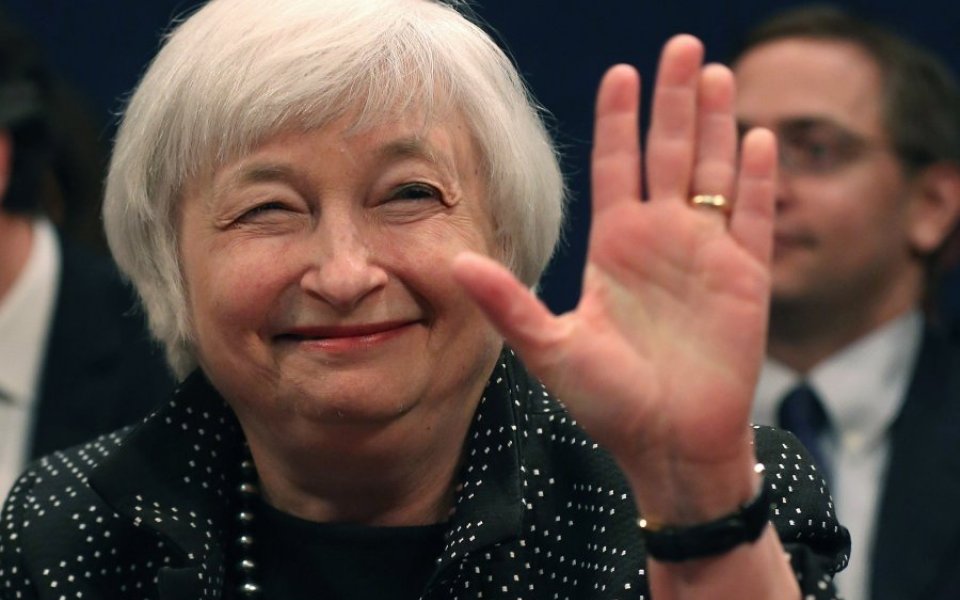Federal Reserve chair Janet Yellen flags risk to growth from financial market turmoil

US interest rates could stay on hold for longer if the current financial market volatility persists.
Federal Reserve chair Janet Yellen warned that continuing swings in financial markets could partially derail the economy's growth, and said financial conditions had already become "less supportive". However she dismissed the idea that the Federal Reserve may need to introduce negative interest rates.
"Financial conditions in the United States have recently become less supportive of growth, with declines in broad measures of equity prices, higher borrowing rates for riskier borrowers, and a further appreciation of the dollar. These developments, if they prove persistent, could weigh on the outlook for economic activity and the labor market," Yellen told the US House of Representatives today.
Read more: No pressure, Janet: Spotlight falls on the Fed
"Foreign economic developments, in particular, pose risks to US economic growth. Most notably, although recent economic indicators do not suggest a sharp slowdown in Chinese growth, declines in the foreign exchange value of the renminbi have intensified uncertainty about China's exchange rate policy and the prospects for its economy."
This uncertainty led to increased volatility in global financial markets and, against the background of persistent weakness abroad, exacerbated concerns about the outlook for global growth."
She added: "I do not expect that the FOMC will soon be in the situation where it's necessary to cut rates." Yellen also said the Federal Reserve was unsure as to whether it was allowed to cut interest rates from a legal perspective.
Her testimony was not all bad though. Yellen noted strong gains in the job market in January and added:
Of course, economic growth could also exceed our projections for a number of reasons, including the possibility that low oil prices will boost U.S. economic growth more than we expect.
Yellen also downplayed a recent decline in inflation expectations. Market-based measures of inflation expectations recently fell to a seven-year low. Yellen said:
It is worth noting, in this regard, that market-based measures of inflation compensation have moved down to historically low levels; our analysis suggests that changes in risk and liquidity premiums over the past year and a half contributed significantly to these declines. Some survey measures of longer-run inflation expectations are also at the low end of their recent ranges; overall, however, they have been reasonably stable.